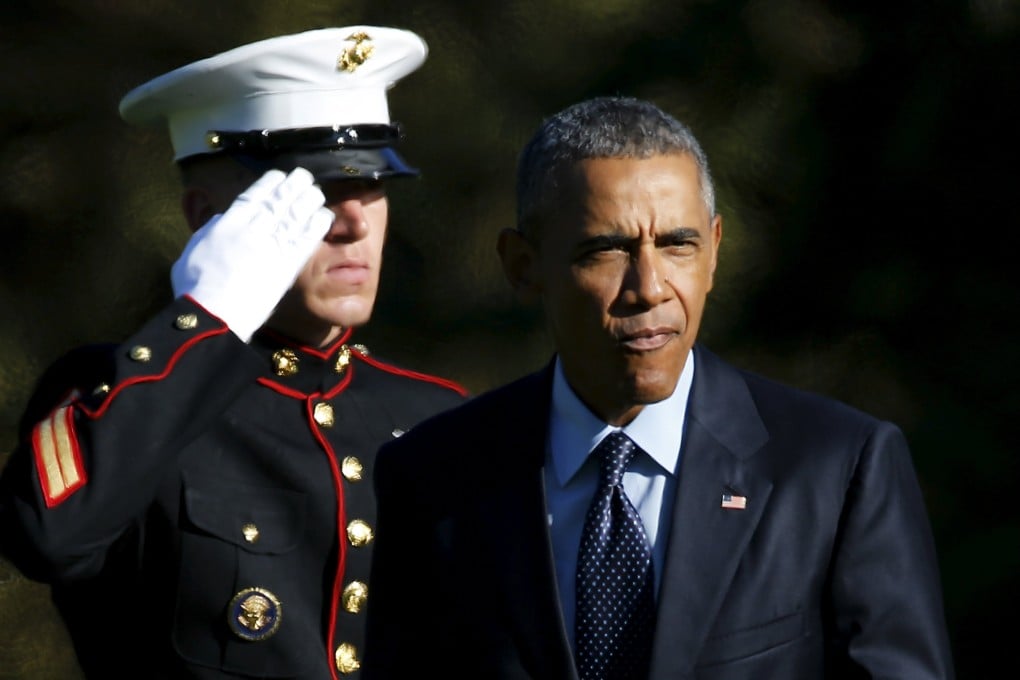Obama raises spectre of future cyber war ahead of Xi Jinping's visit, promises that China cannot win

US President Barack Obama on Friday warned that cyber attacks from China were “not acceptable”, a message he is set to deliver when President Xi Jinping visits the White House this month.
Obama said state actors needed to agree rules of the road in order to stop cyber crises from escalating.
“There comes a point at which we consider this a core national security threat and will treat it as such,” he said.
Ahead of Xi’s state visit, Obama said “we have been very clear to the Chinese that there are certain practices that they are engaging in, that we know are emanating from China and are not acceptable”.
Chinese President Xi Jinping will visit Washington for a visit beset by tensions over cyber security, maritime claims and China’s growing assertiveness.
In a notably tough and confrontational tone, Obama said states could “chose to make this [cyberattacks] an area of competition”.